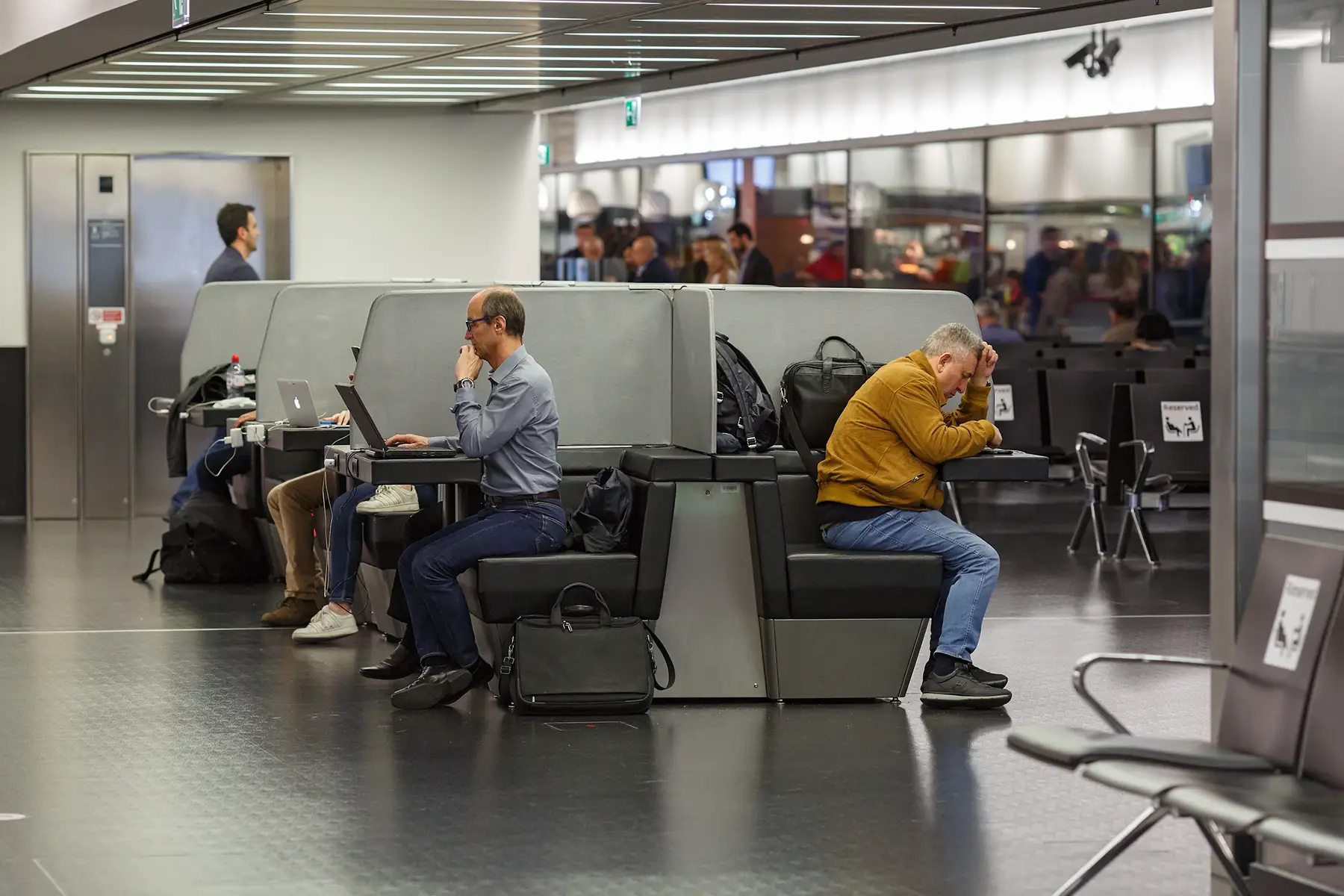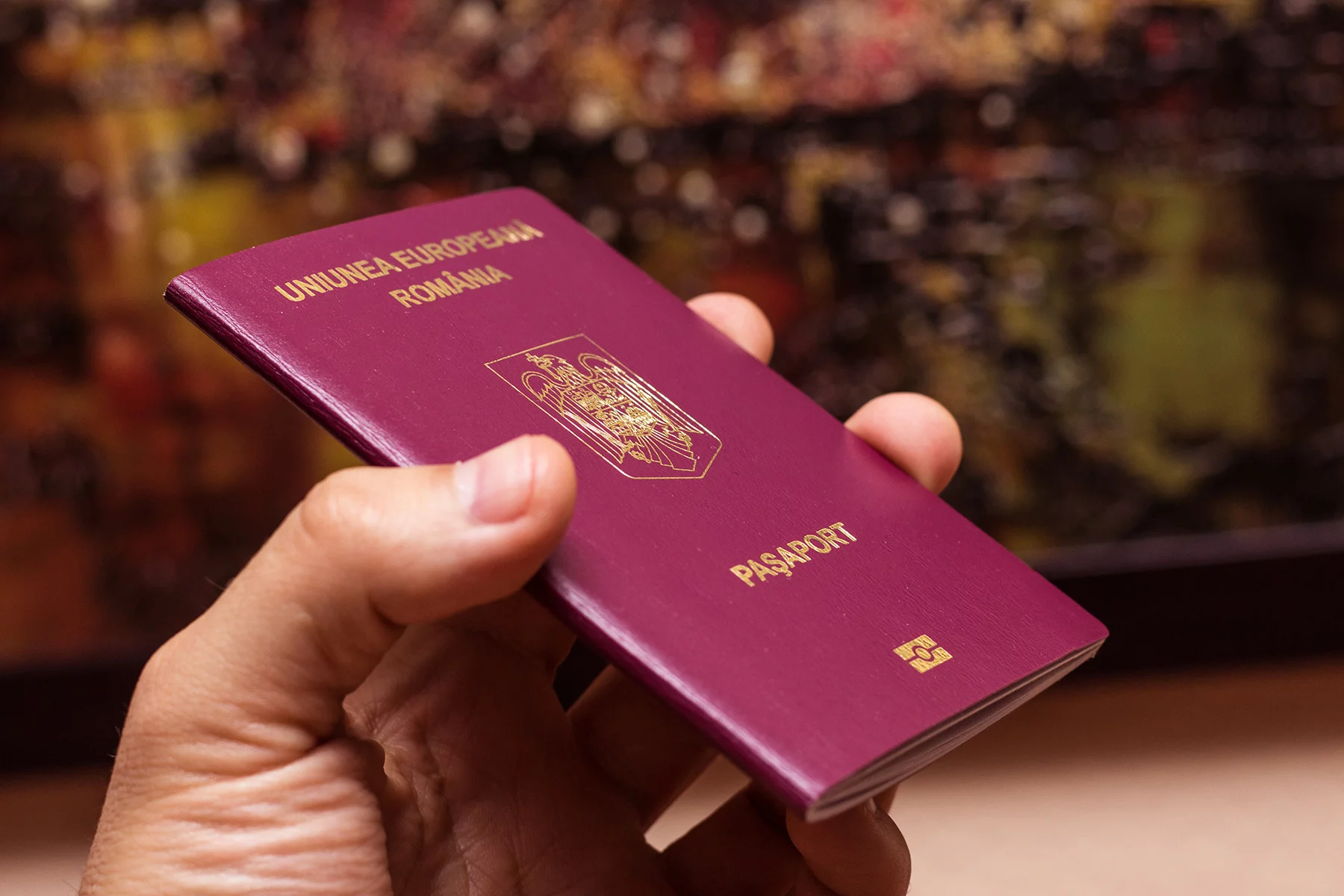Working for yourself can be a great option in Austria, but it can also involve many formalities. That said, it doesn’t have to be difficult. If you do your research and plan carefully, becoming a freelancer or self-employed in Austria can be easy; especially if you meet certain requirements.
From starting a business and getting a visa to sorting freelance tax in Austria, this handy guide explains everything you need to know about being self-employed, including the following:
- The difference between starting a business and becoming a freelancer
- Who can become a freelancer in Austria?
- How to become a freelancer in Austria as an expat
- Administration when freelancing in Austria
- Banking for freelancers in Austria
- Taxation for freelancers in Austria
- Social security, health insurance, and pensions for freelancers in Austria
- Earning a secondary income from freelancing in Austria
- Finding office space when freelancing in Austria
- Finding work when freelancing in Austria
- Support, advice, and training for freelancers in Austria
- Useful resources
The difference between starting a business and becoming a freelancer
Someone that is self-employed generally owns their own company that they register as a sole proprietorship. As such, this category covers many entrepreneurs, small business owners, and startup founders. Notably, Austria has a subcategory called “new self-employed”. This refers to professionals such as authors, experts, translators, and musicians, and are not considered freelancers.

Conversely, while freelancers are also self-employed, they work with various clients on a range of projects. Some examples of these might be freelance writers, graphic designers, or marketing specialists.
Of course, there are many similarities between the two, the most important of which is that they are both considered independent contractors in Austria. But there are many others, too. For example, both freelancers and self-employed workers enjoy a great degree of autonomy and creative freedom. Furthermore, they both have to file freelance taxes in Austria and pay social security and insurance.
Additionally, both categories receive reduced protection from labor laws and are to be treated as independent contractors by companies they work with. Conversely, the main difference between the two is that freelancers have less control over their work than self-employed workers.
As an expat in Austria, the biggest advantage of being self-employed is that you can register a company and sponsor your own working visa. However, for freelancers, this can be much more difficult, and this is why most expats work for companies that already exist.
In 2021, 10% of Austria’s workforce is self-employed, which is lower than the EU average (13.1%). This marks a decrease since 2015 when 11% of the workforce was self-employed. Men in Austria are somewhat more likely to work for themselves; 12% of men freelance in Austria, while only 8% of women do.
Who can become a freelancer in Austria?
Notably, to work in Austria, you must have residency rights in the country. This applies to freelancers as well as the self-employed. For example, you must be a citizen of an EU or EEA country, or already have a residence permit which entitles you to be self-employed. Because of this, it can be a little tricky for an expat to be a freelancer. In addition, you have to be at least 18 years old.
How to become a freelancer in Austria as an expat
As previously stated, it can be difficult to become a freelancer or self-employed in Austria as an expat. Certainly, you have to deal with a lot of formalities and paperwork, including freelance tax in Austria, business accounts, and visas. But, of course, it can be done, especially if you’re ready to invest in Austria.
How to obtain a work visa as a freelancer in Austria
Before beginning to work for yourself, you must ensure that you have a work visa or residency rights in Austria. As a traditional freelancer, however, it can be nearly impossible to do this if you are not from the EU. If you are already in Austria on a visa, though – for example, on a dependent’s visa – another option is to check whether this entitles you to work as a freelancer.
However, there are two ways to get a residence permit. These are called Red-White-Red Cards and you will need one to register a business in the country. This is important because it is almost the only way you can be self-employed in Austria.

First, you can apply for a Red-White-Red Card for Self-employed Key Workers. But, to get this, you have to present numerous documents and show a minimum transfer or investment capital of at least €100,000. And, your business must create more jobs in Austria and bring new technologies into the country.
Your second choice is to get a Red-White-Red Card for Start-up Founders. This is generally the easier option for expats who need a visa to be self-employed. That is because this visa allows you to set up your own company, as long as you are dealing with innovative services and products. Again, there are many hoops to jump through. For example, you have to submit a business plan and prove you have at least €50,000 as start-up capital. You will also need to pass the points-based test, which requires at least 50 points over different categories such as education and language.
In addition to all the above, you will also need to show documents like your passport, proof of address, health insurance, and proof of means of subsistence.
Registering as a freelancer in Austria
As a freelancer, there are many formalities you need to complete before you start working. That said, you can do most of this at your local Economic Chamber Office or WKO (Wirtschaftskammer). This is useful because they will be able to go through the whole process with you, including signing all the necessary forms and showing all the necessary documents like identification, proof of address, and police record. In addition, you will have to pay a yearly fee of about €100 to the WKO.

In some instances, you may also need to have a trade permit for your business. However, this depends on your occupation. For example, occupations that fall under the new self-employed category will not need to get a trade permit.
However, all freelancers and self-employed workers will need to register for freelance tax in Austria as well as health insurance and social security. In order to register for an Austrian Taxpayer Registration Number, you will need to fill out several forms and submit them to the tax office. In addition, your client(s) should issue you a statement of terms and conditions (in place of an employment contract) and is/are legally required to register you for social security.
Administration when freelancing in Austria
As with any job, you should keep detailed business accounts and financial records as an independent contractor. This is a legal requirement in Austria and will also help you when filing your freelance tax.
Of course, one of the things you will be most concerned about as a freelancer is invoicing. After all, you want to get paid for each job you do. Legally, for freelance tax in Austria, you have to include certain details in every invoice. For example, you have to use your full name, business name, and registered address. If you qualify for this, you will also have to show value-added tax.

You will also have to keep business records such as income statements, balance sheets, and expense receipts. You should also keep all your records for at least seven years in case you have to present them for an audit.
In addition, if you are going to be working with a client or company over a long period, you may want to have a freelance contract in place. Although this is not a requirement, it can be very helpful to have a freelance contract (Freier Dienstvertrag) because otherwise, you will have few rights and little legal recourse if things go south.
However, even if you don’t have a freelance contract, all independent contractors must receive a statement of terms and conditions (Dienstzettel). This should include things like names and addresses, date of employment, place of work, the scope of work, remuneration details, contractual working hours, and leave entitlements.
Banking for freelancers in Austria
As with any other business, it is important for freelancers to have a separate bank account for their work. This ensures that there is no overlap between your personal and business finances and is especially useful for filing freelance tax in Austria. However, this is quite easy to achieve as once you register your business, you can open a business bank account.

Of course, in order to do this, you will have to provide numerous documents such as identification, proof of address, and proof of business operation.
Taxation for freelancers in Austria
Of course, as an independent contractor, you will have to pay freelance tax in Austria. That said, this is only if you surpass the tax-free threshold of €11,000. However, even then, you will have to submit a tax declaration. Additionally, if you make more than €30,000, you have to deal with value-added tax. Although tax is levied on a progressive scale, you can expect to pay a freelance tax in Austria of about 25%.
Social security, health insurance, and pensions for freelancers in Austria
In Austria, there is a social insurance scheme for freelancers called the SVA (Sozialversicherungsanstalt der Gewerblichen Wirtschaft) which you will need to register for. You will also have to get several types of insurance, which are all charged at different rates, including:
- Accident insurance – 1.2%
- Sickness insurance – 7.65%
- Pension insurance – 18.5%
- Unemployment insurance – 6%
In addition, you will need to pay €11.95 for your European Health Insurance Card (EHIC) and 20% of your medical fees. You may also have to get a Selbstständigenvorsorge, which is a retirement bonus on top of your normal pension. However, this depends on your income and is only mandatory if you make more than €5,256.60 a year.
Earning a secondary income from freelancing in Austria
Generally speaking, if you have the right to live and work in Austria, then you can freelance. However, this is much tricker for expats. This is because if you are in the country on a visa that is linked to a full-time job, there may be certain conditions that don’t allow you to freelance for secondary income. Additionally, as an expat on a work visa in Austria, your company will likely not let you freelance on the side.
Finding office space when freelancing in Austria
As an independent contractor in Austria, you may not always want to work from home. However, it may not make financial sense to get your own office space. In many cases, your clients may invite you to work from their office.

However, if you prefer to have your own space, your best bet is to get a coworking space. There are many of these around Austria, and many offer a great place to work independently at affordable prices.
Finding work when freelancing in Austria
It is always best to use your professional network to find good work as a freelancer. This means talking to everyone you know to see what possibilities might be out there. But, as an expat, you might not have a strong network in Austria to use. In this case, your best bet is to go online. There are many websites you can use, such as LinkedIn, but there are also sites that deal specifically with connecting freelancers with companies looking to hire independent contractors. These include:
Support, advice, and training for freelancers in Austria
While Austria doesn’t have much support for freelancers, it does offer significant support for startups. There are two main state organizations for this: the Austrian Research Promotion Agency (FFG) and the Austria Wirtschaftsservice GmbH (aws). They can be very useful because both provide grants and subsidized loans.

Additionally, there are numerous risk capital firms, startup funds, and angel investors that you might be able to access. A good place to start is Speedinvest. In fact, if you do your research, you could access millions of euros in capital. Similarly, if you are in Vienna, the government runs the Vienna Business Agency. As well as providing funding, the agency offers support services such as consulting and affordable office space.
It may also be worth hiring a tax and finance assistant (Steuerberater). Although you don’t need one, they can offer invaluable support for filing your freelance tax in Austria, taking care of all your insurance, and preparing your business records.
Useful resources
- FFG – a government organization for startup funding
- European Jobnetwork – a document about living and working in Austria
- Österreich – a government page about independent contractors
- Migration Austria – a government page about income and taxation





